Why Water Heater Making Noise? Here’s What It Means
You’re sitting at home enjoying a quiet evening, and suddenly, pop, hiss, or rumble, your water heater starts making strange noises. If you’ve experienced this, you’re not alone. Many homeowners notice these sounds and wonder: Is my water heater about to fail? Is this dangerous? Understanding what those noises mean can help you respond appropriately…
You’re sitting at home enjoying a quiet evening, and suddenly, pop, hiss, or rumble, your water heater starts making strange noises. If you’ve experienced this, you’re not alone. Many homeowners notice these sounds and wonder: Is my water heater about to fail? Is this dangerous? Understanding what those noises mean can help you respond appropriately and keep your system running safely.
A noisy water heater might seem like a minor annoyance, but it can actually reveal a lot about the condition of your system. From mineral buildup to worn-out parts, strange sounds often indicate underlying issues that, if left unchecked, can affect efficiency, performance, and even safety. Some sounds are completely normal, while others are early warnings of a problem in the making.
This in-depth guide will explain what it means when your water heater is making noise, the science behind it, and what steps you can take to fix it.
Why Is My Water Heater Making Noise?
Water heaters, especially traditional tank-style units, are subject to temperature fluctuations, mineral buildup, pressure changes, and aging components. Over time, these factors can lead to a variety of noises. Some are harmless; others are signs of underlying issues that shouldn’t be ignored.
Common Water Heater Noises and What They Mean
Let’s decode the most frequent sounds homeowners report:
1. Popping or Banging
This is one of the most common noises heard from a water heater. It’s usually caused by sediment buildup on the bottom of the tank. When the burner heats water trapped under the sediment, it causes steam bubbles to form and burst, creating a popping or knocking sound.
Research Insight: According to the U.S. Department of Energy (DOE), sediment buildup reduces efficiency and can lead to overheating and premature failure.
2. Rumbling
A rumbling noise can also be attributed to sediment. As water heats and expands, it pushes around the sediment at the bottom of the tank, causing a low, growling rumble.
3. Sizzling or Hissing
These sounds often indicate water dripping onto hot components, such as a heating element or burner. This may be due to a small internal leak or condensation inside the tank.
4. Ticking or Tapping
Ticking noises are usually harmless and result from thermal expansion or heat traps in your plumbing. As pipes expand and contract, they can produce clicking or tapping sounds.
5. Knocking or Banging (Water Hammer)
When water flow is suddenly shut off, it can cause a phenomenon known as water hammer. This creates a loud banging noise in the pipes near the heater. It’s not always the heater’s fault, but it can be mistaken as such.
6. Screeching or Whining
A high-pitched screech may be the result of partially closed valves, often at the inlet or outlet. When water is forced through a restricted opening, it can create a whistle-like noise.
Top Causes Behind Water Heater Noise
Let’s explore what typically causes these sounds in more detail:
1. Sediment Buildup
In areas with hard water (high in minerals like calcium and magnesium), sediment can quickly accumulate in the bottom of the tank. This layer insulates the water from the burner, forcing the system to work harder and causing water to boil beneath the sediment.
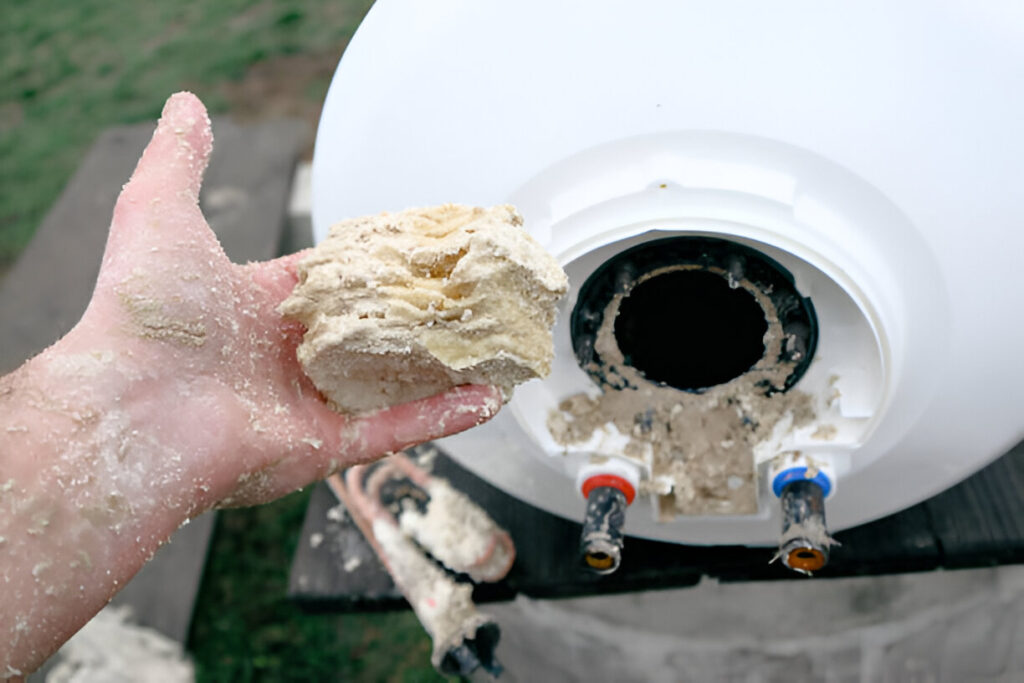
Fact: The U.S. Geological Survey estimates that over 85% of the United States has hard water, which accelerates sediment accumulation.
2. Thermal Expansion
As water heats, it expands. Pipes and tank walls respond to this expansion, often making ticking or creaking noises. This is normal to some extent, but consistent loud noises may indicate stress in the plumbing system.
3. Loose or Damaged Heating Elements
Electric water heaters contain heating elements inside the tank. Over time, these elements can loosen, corrode, or accumulate scale. A failing element might vibrate or create humming, buzzing, or sizzling noises.
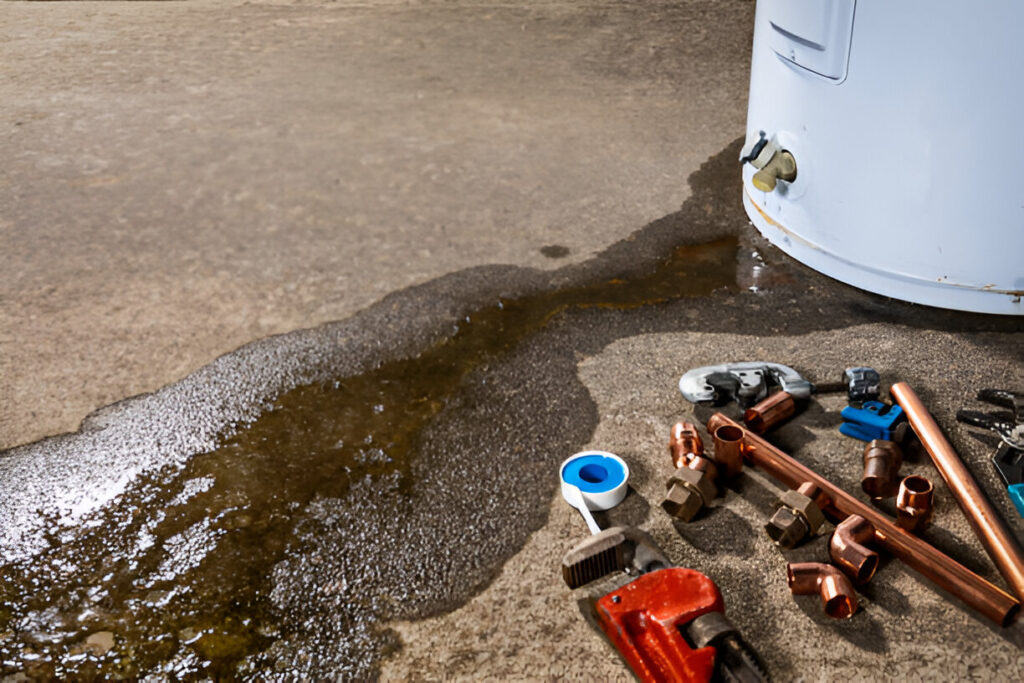
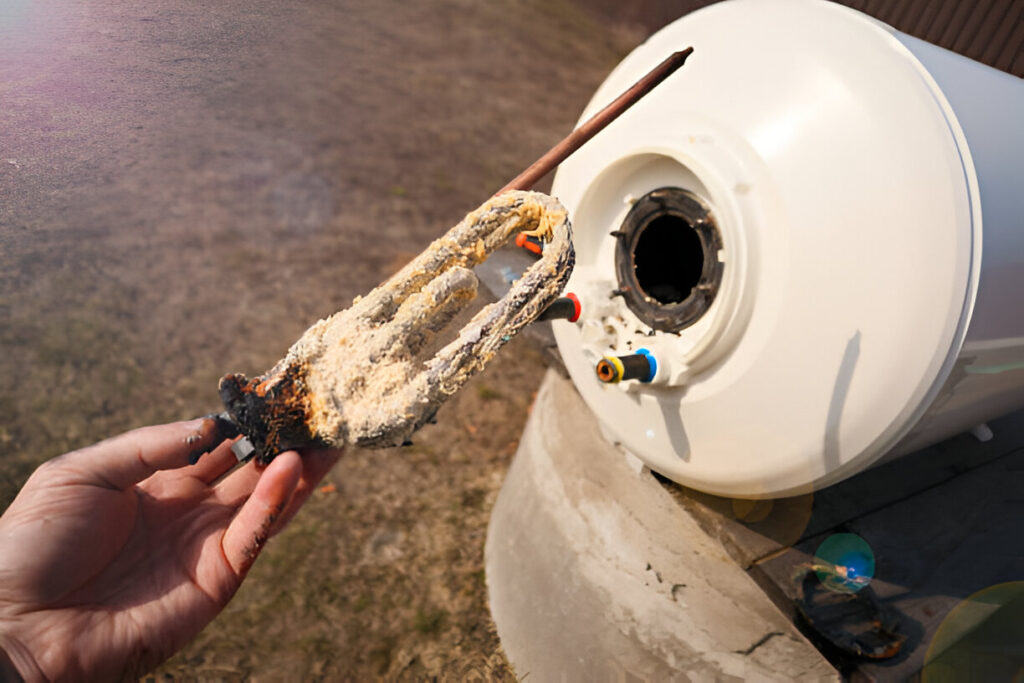
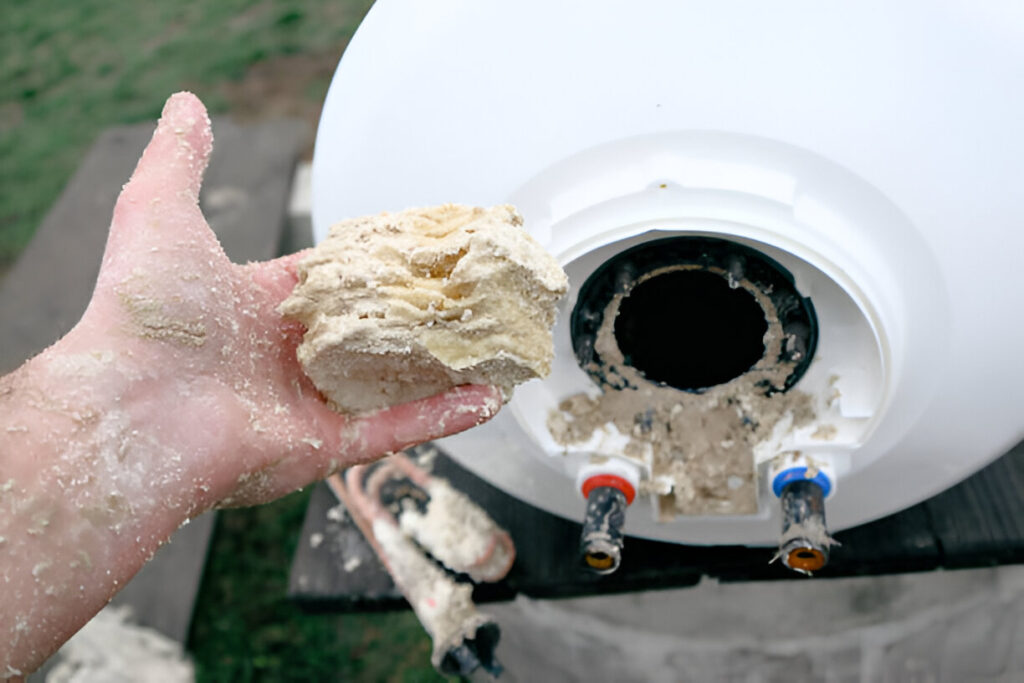
4. Water Pressure Issues
Excessive water pressure can cause the tank and connected pipes to strain. It can also exaggerate water hammer effects. High pressure might not only cause noise but can also damage components over time.
5. Internal Leaks or Moisture
Dripping sounds or sizzling could be signs of an internal leak or moisture forming around heating components. Left unaddressed, this can lead to corrosion or mold growth.
6. Old Age and Corrosion
Older units may simply start making more noise as parts wear down. An aging anode rod, corroded tank lining, or weakened structural components can all contribute to unusual sounds.
Is a Noisy Water Heater Dangerous?
Not always, but sometimes, yes. Understanding when noise is just a nuisance versus a warning sign is important:
Harmless Noises:
- Light ticking or clicking from thermal expansion
- Occasional low rumbling or popping in moderate amounts
Potentially Serious Noises:
- Loud banging or water hammer sounds
- Constant popping due to thick sediment layers
- Sizzling or hissing indicating leaks
- High-pitched whining from blocked valves or extreme pressure
Ignoring these could lead to reduced efficiency, overheating, or even tank failure in extreme cases. If in doubt, it’s safer to investigate further or call a professional.
How to Fix a Noisy Water Heater
Depending on the cause of the noise, here are some ways to resolve it:
1. Flush the Tank
Sediment is the most common culprit, and flushing the tank can usually fix or reduce popping and rumbling.
How to do it:
- Turn off power and cold water supply
- Connect a hose to the drain valve
- Open the valve and let water (and sediment) drain out
- Close the valve, refill the tank, and turn power back on
Tip: Flushing once or twice a year can prevent buildup.
2. Check and Adjust Water Pressure
Install a pressure-reducing valve (PRV) if your water pressure exceeds 80 psi. Ideal pressure is between 50–80 psi.
3. Tighten or Replace Heating Elements
If you’re hearing buzzing or hissing, inspect the heating elements. Ensure they’re securely fastened and free of corrosion or scale.
4. Inspect for Leaks
Check around the base of the heater, pressure relief valve, and connections. Sizzling or dripping sounds often indicate internal moisture or small leaks.
5. Install Water Hammer Arrestors
If you suspect water hammer is causing knocking, a water hammer arrestor can cushion the pressure surge and reduce noise.
6. Check Inlet and Outlet Valves
Fully open any partially closed valves that might be restricting flow. Replace any worn or damaged ones to stop whistling or screeching.
Preventing Future Water Heater Noise
The best way to avoid strange sounds is through proactive maintenance:
- Flush your water heater at least once a year to prevent sediment buildup
- Use a water softener if you live in a hard water area
- Check anode rod every 2–3 years and replace when it’s worn to prevent tank corrosion
- Inspect the temperature and pressure relief (TPR) valve annually
- Monitor water pressure and install a PRV if needed
- Schedule professional maintenance every 1–2 years to catch issues early
When to Repair vs Replace
Sometimes, even the best maintenance can’t quiet down an aging heater. Here’s when it might be time for a new one:
Consider Replacement If:
- The tank is over 10–12 years old (for standard tank models)
Most water heaters start to decline in performance and reliability after this age. - There’s visible corrosion or leaks
Corrosion on the tank indicates internal damage that cannot be repaired safely. - You’ve flushed the tank but noise persists
Persistent noise after maintenance may signal deeper, irreversible wear or buildup. - Energy bills are rising despite normal usage
Older units lose efficiency, using more energy to heat the same amount of water. - You’ve had multiple repairs in recent years
Frequent fixes add up and may cost more than replacing the entire unit long-term.
Modern water heaters are more energy-efficient and quieter than older models, so a replacement could be an investment in long-term peace and savings.
Listen to the Noise Before It Becomes a Problem
If your water heater is making noise, don’t ignore it. In many cases, it’s your system telling you it needs attention. From harmless ticking to signs of serious damage, understanding the source of the noise is the first step toward safe, efficient operation.
Regular maintenance, attention to small changes, and timely intervention can extend the life of your water heater and save you from sudden breakdowns. Whether it’s a simple flush or a deeper issue, being proactive makes all the difference.
Need a Second Opinion from a Trusted Local Pro?
Sometimes a little expert insight can save you time, money, and future repairs. Whether you’re unsure if it’s time for a flush, a fix, or a full replacement, a qualified plumber can give you clarity and confidence moving forward.
If you’re in the area and need a hand, Sapphire Plumbing is just a call away. Speak with a licensed technician at (469) 981-1871 for fast, honest advice.
Regular maintenance, attention to small changes, and timely intervention can extend the life of your water heater and save you from sudden breakdowns. Whether it’s a simple flush or a deeper issue, being proactive makes all the difference.


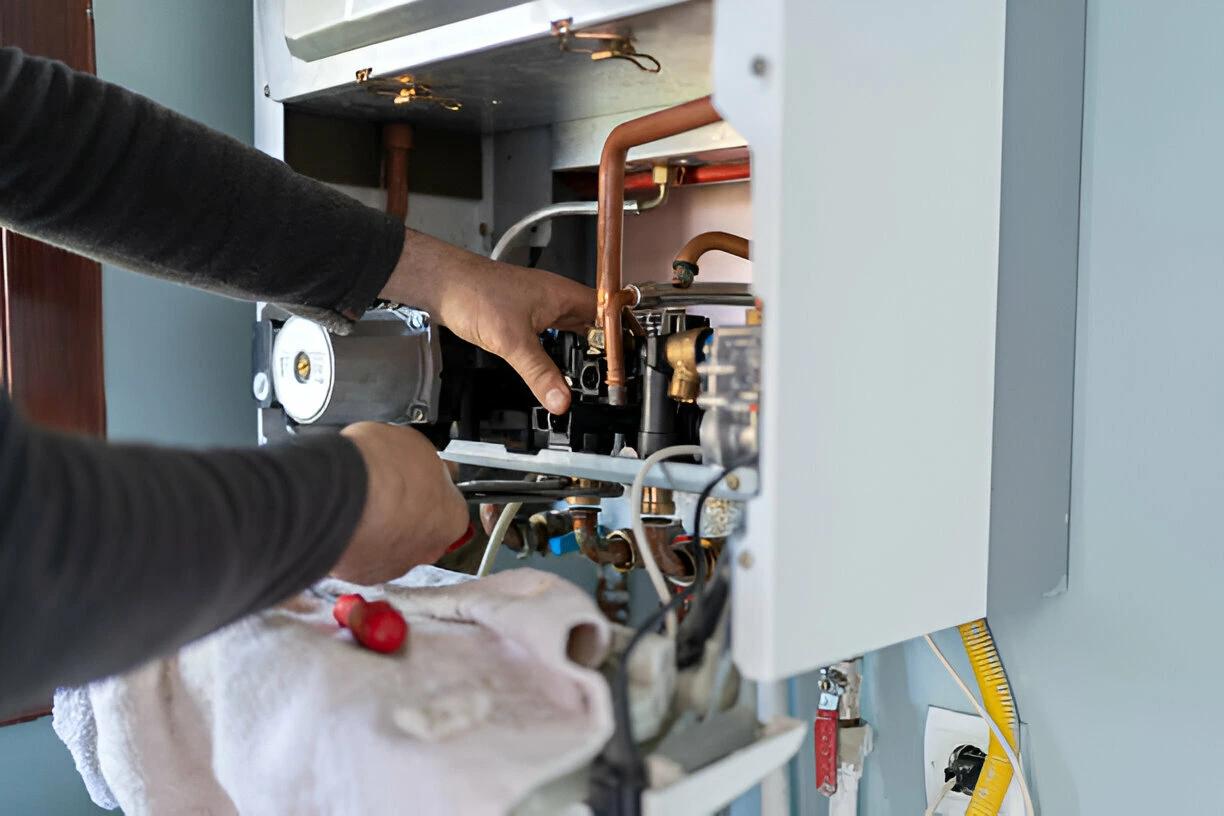
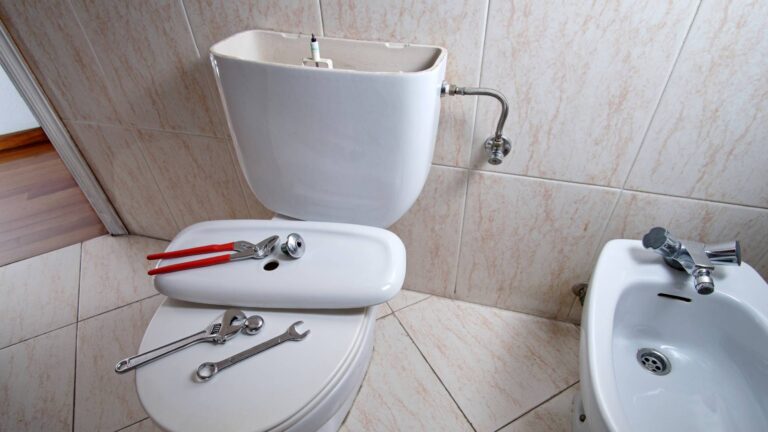
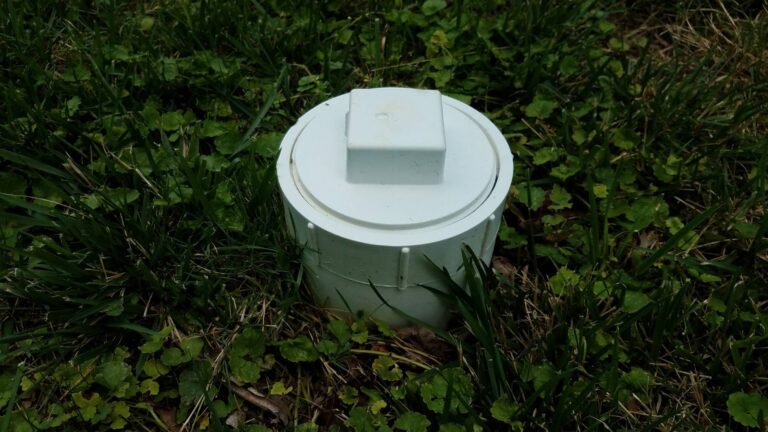
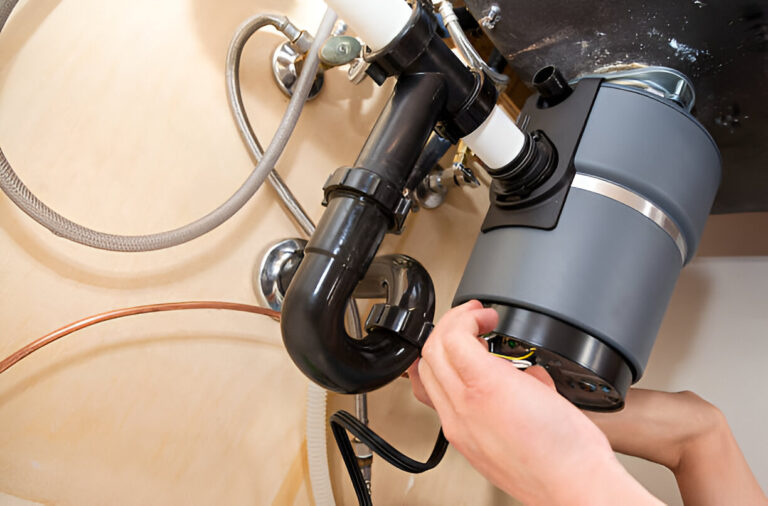
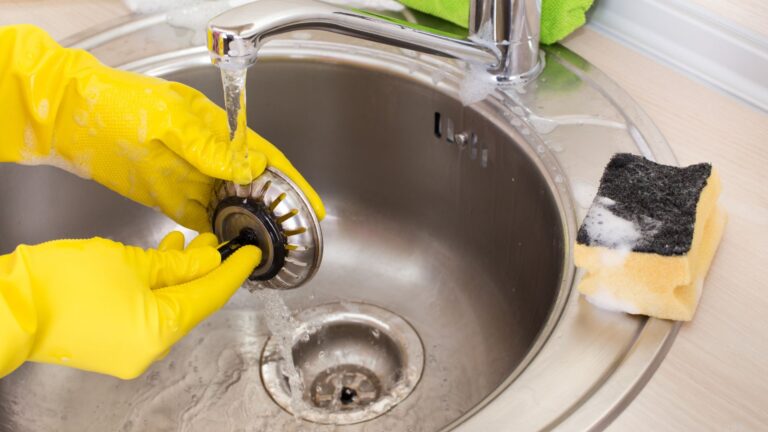


https://shorturl.fm/mO4MR
https://shorturl.fm/k6Rx3